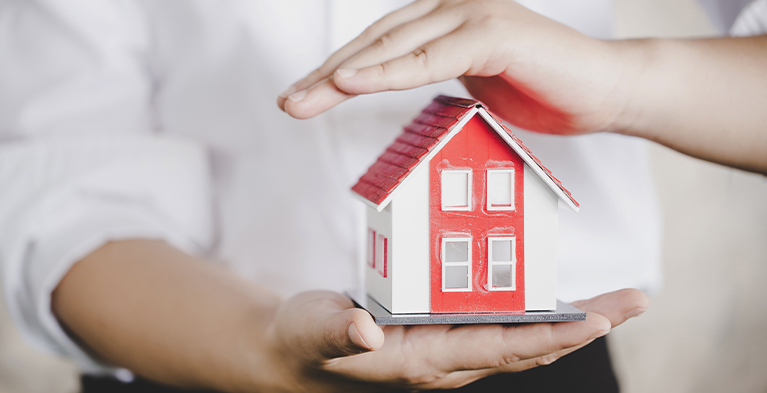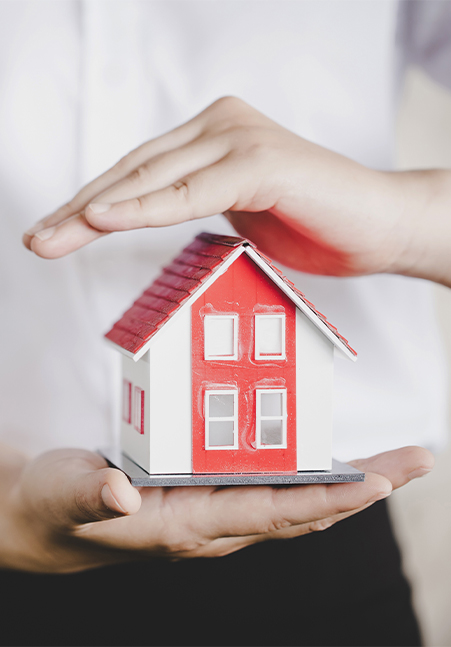Step 1: Ask yourself if it’s time for you to buy a home
We get it. Achieving milestones at work, thinking of your age, and grappling with peer (and family) pressure can be pushing you to consider buying a house now. But why do you really want to buy a house? The only reason that matters is if you are ready to be a homeowner, and ready to commit to everything that it entails—psychologically and financially. (If you are feeling anxious about “burning money” paying rent, think of it this way: they are both ways to have a place to live, each with their own pros and cons.)
Step 2: Ask yourself how you can afford a house
A home loan (or mortgage) is not something to be taken lightly. It is a commitment that takes 15 to 30 years. Before you even consider buying, you would have to have good credit, a steady income, and a sizable amount of cash for down payment which can range from 10% to 40% of the price tag. On top of that, there’s also the closing cost to take into consideration, which can run from 1.5% to 3.5%. Research financing options available to you and look at which fits. The KayaMo Home Loan is specially designed for first time home buyers; HC Mutual also looks at your current credit standing, not your history, when you apply for a loan.
Try a home loan calculator or consult a financial advisor to see if you can afford a home (or how much home you can afford) given your income and credit score, versus different loan term options and the down payment amount you are able or willing to cash out.
Step 3: Start with your dream house—and work backwards
Having an ideal “dream” home is just as important as thinking realistically about being able to get it. The key to finding the sweet spot is to separate your needs and wants in a house. Understanding what’s truly important to you can help you compromise based on your budget. Here are some things to consider:
- Basic requirements (e.g. size (sqm), number of bedrooms and bathrooms)
- Location and accessible amenities
- Structural features (e.g. no. of stories, basement and/or garage, ventilation)
- Exterior and interior features (e.g. pool, garden, flooring type, accessibility features)









